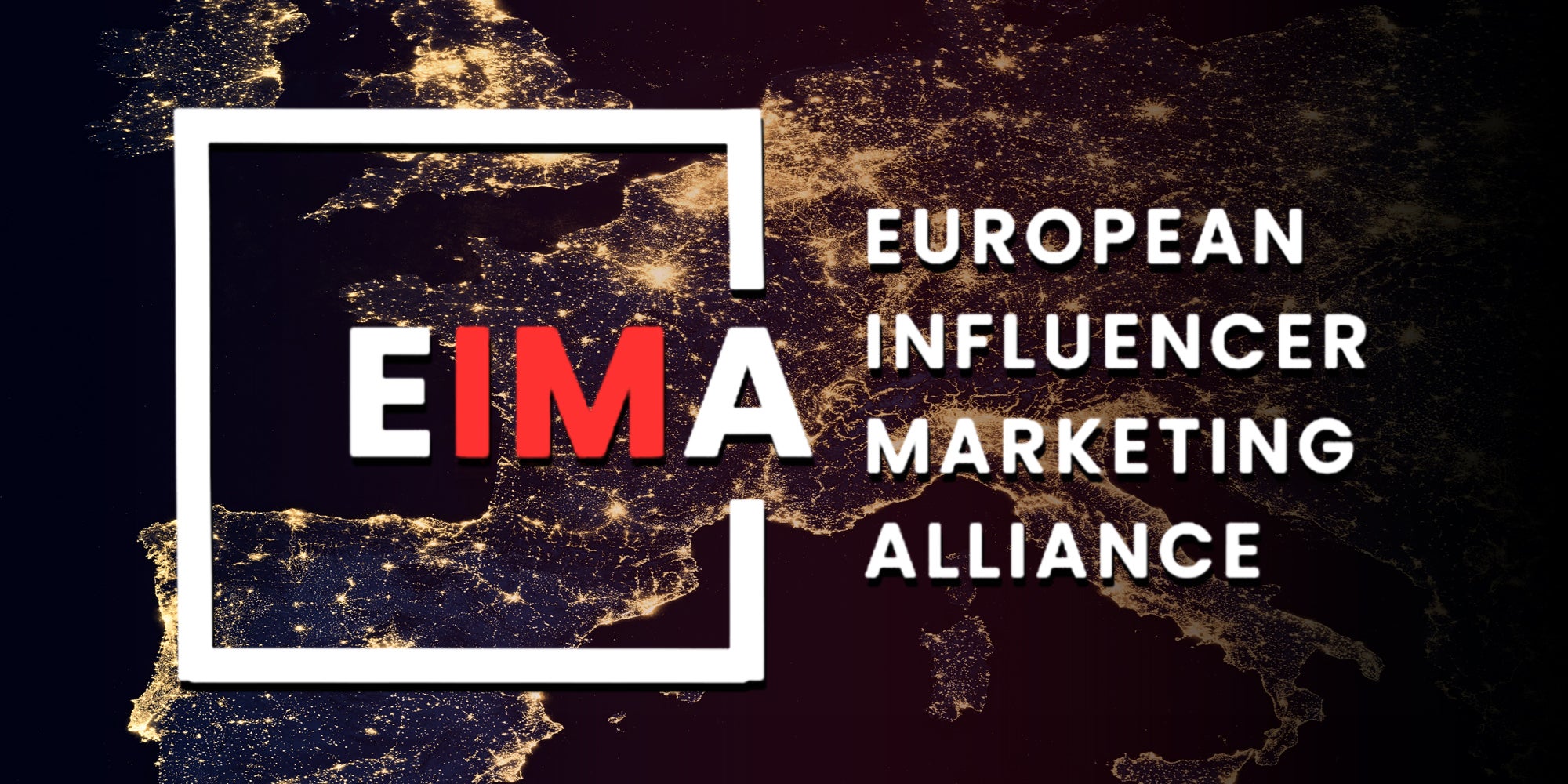
Influencer marketing associations from across Europe have clubbed together to form the European Influencer Marketing Alliance (EIMA).
There are three founding members. One is the UK’s Influencer Marketing Trade Body (IMTB). Another is France’s Union des Métiers de l’Influence et des Créateurs de Contenus (UMICC). The third is Germany’s Bundesverband Influencer Marketing e.V. (BVIM).
In short, the alliance champions more responsible influencer marketing practices in Europe and wants to improve consumer trust and brand reputation. It claims it will provide a space for these bodies to discuss issues impacting the wider influencer marketing economy.
Most importantly, it seemingly grants creators and influencers a space to advocate for ethical issues impacting their careers. The EIMA revealed that there are already discussions about recruiting other European influencer trade associations.
In a statement, Scott Guthrie, director-general of the IMTB, said:
“The trust our sector enjoys is earned when brands, agencies, platforms, and creators act responsibly, taking seriously their obligations to each other and to consumers.”
“The European Influencer Marketing Alliance combines the expertise of three trade bodies bringing a unified voice that will champion responsible influencer marketing across Europe.”
What will the European Influencer Marketing Alliance do?
It might be early days for the EIMA, but it’s already joined the European Advertising Standards Alliance (EASA). This body, made up of 28 advertising organizations, aims to develop a blueprint for how advertising self-regularity systems operate.
Upon accepting EIMA as an industry member of the organization, the director general of EASA, Lucas Boudet, said: “We see this milestone as a first step towards full integration in our ad self-regulatory network.”
“EASA brings together all the entities of the advertising value chain which promote responsible advertising. Having EIMA join this ecosystem is absolutely key considering the increasing prominence of influencer marketing practices.”




